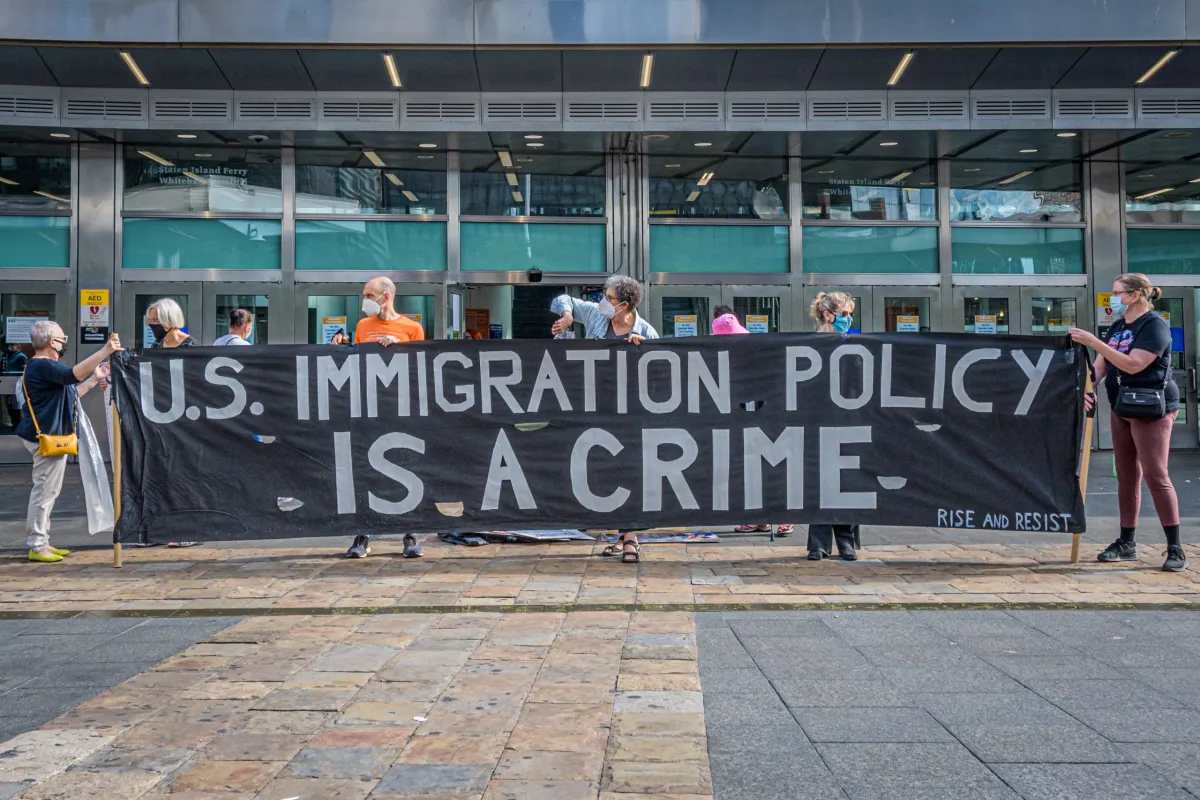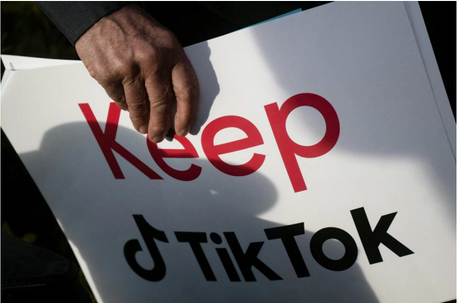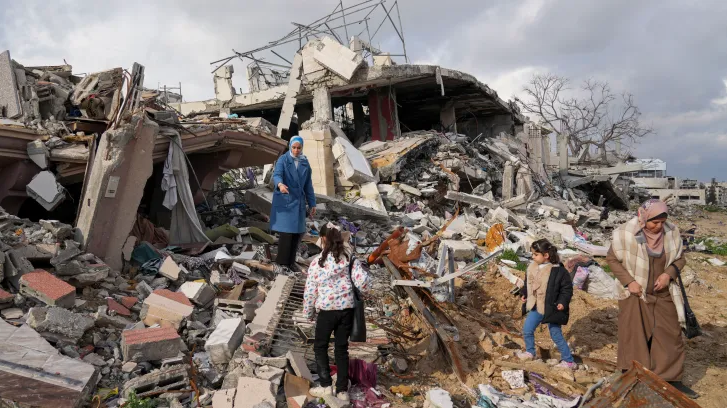In March 2020, as the world grappled with the rapidly spreading COVID-19 pandemic, the United States government implemented a policy known as Title 42. This policy empowers the Border Patrol to swiftly expel migrants from the country, especially those from the US-Mexico border, to prevent the spread of infectious diseases. I
While the policy was initially intended as a temporary measure during the COVID-19 pandemic, its effects remain, drawing criticism and raising concerns close to home.
The enforcement of Title 42 led to over 2.8 million expulsions of families and unaccompanied minors. These people could rarely seek asylum or present their cases in court, and they often faced precarious living situations, limited access to healthcare, and a lack of legal resources. In many cases, individuals expelled under Title 42 were returned to dangerous situations in their home countries, putting their lives at risk.
Title 42 also favored illegal immigration, as it had no punishments and allowed migrants to cross the border as many times as they wanted.
In March, the CDC revoked Title 42 for minors, but the vast majority of migrants continued to face expulsion. It was not until May 11, 2023, at 11:59 pm, that the Biden administration ended the policy altogether.
Now, there is a new immigration policy. Those caught illegally entering the US will be barred from trying to cross the border again for five years, and there is a severe punishment for failing to comply. While migrants can apply for asylum, they enter a long backlog. It takes an average of three years to get an asylum case heard and up to ten years to complete the whole process.
This is where the problem hits close to home: over 70,000 asylum seekers have flooded to New York City because judges there are more likely to approve asylum applications. As they wait to be granted asylum, these migrants still require the necessities of life, such as food, shelter, and health care.
This is a huge expense for the city, which has already converted many hotels and school gymnasiums into shelters. According to Mayor Eric Adams, the city has already spent $1 billion providing for the thousands of migrants and is projected to spend $4.3 billion in total on the current migrant crisis.
Local organizations and community leaders have been instrumental in providing support and resources to assist newly arrived asylum seekers in New York. These organizations work tirelessly to ensure that individuals have access to vital services such as temporary housing, healthcare, legal aid, and educational opportunities. Their efforts are crucial in helping asylum seekers navigate the complex immigration process and integrate into their new communities.
However, the sudden influx of asylum seekers presents significant challenges. Organizations dedicated to assisting asylum seekers often face limitations in funding, staffing, and infrastructure, hindering their ability to meet the growing needs of this vulnerable population.
Moreover, the backlog of asylum cases in immigration courts has prolonged the anxiety and distress of asylum seekers and limited their ability to fully integrate into society and contribute to their new communities. New York State Governor Kathy Hochul has expressed her encouragement for migrants seeking work, especially in the understaffed restaurant industry. However, by law, migrants must wait 180 days before they can work.
Meanwhile, several counties north of New York City have declared a state of emergency, as they start to house the overflow of migrants from the city. The list includes Westchester County, which began housing migrants in hotels in mid May. Similar situations arose in other northern counties.
This move by the state has faced backlash from New York residents who believe that migrants do not belong in their schools, hotels, and public spaces. Supporters of immigration argue that, as humans, migrants deserve the right to food and shelter. Regardless of the back-and-forth banter between the opposing sides, the state needs to solve the migrant problem.







